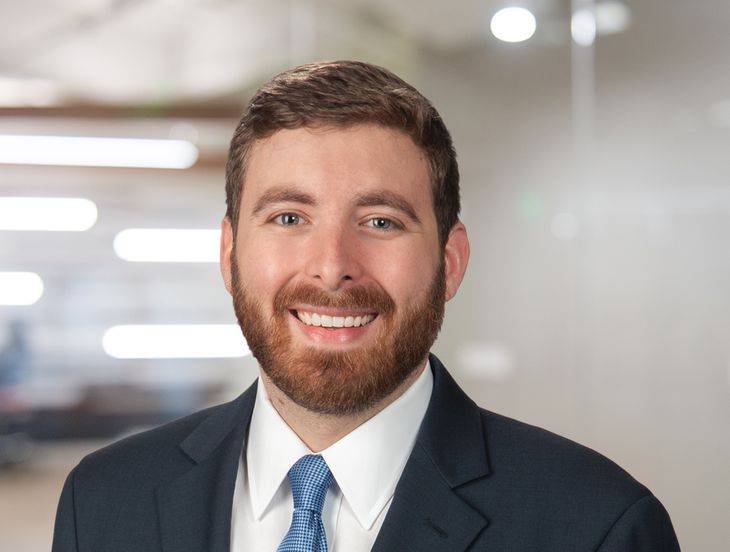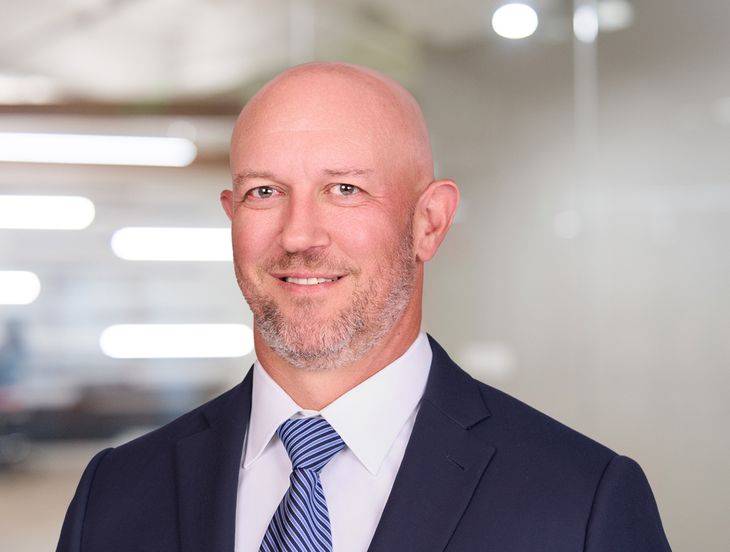Protected Concerted Athletic Activity? Labor Memo Calls for Employee Status for College Athletes
Insights
9.30.21
A new memo from the National Labor Relations Board (NLRB) could pave the way for student-athletes at private universities to unionize, or at least fall within the jurisdiction of the NLRB when engaging in concerted activity. According to the September 29 release, these athletes could now qualify as employees and be entitled to protections of the National Labor Relations Act (NLRA), the federal labor law governing collective bargaining. Although not yet binding precedent, General Counsel Jennifer Abruzzo’s memo notes that the agency will support efforts to bring an appropriate case before the Board for an official decision on the issue, which means it could just be a matter of time before this position becomes reality. What does your institution need to know about this significant development?
Recent History of Collective Bargaining Efforts By Student-Athletes
The NLRB previously faced the issue of college athletes in 2014 and 2015, when football players from Northwestern University attempted to form a union. The athletes asserted a right to engage in unionization efforts based on a theory that they qualify as employees because they generate revenue for the school. Much like a football team on fourth down, the NLRB ultimately punted on the threshold issue of whether the players were “statutory employees” for purposes of the NLRA. The Board instead concluded that asserting jurisdiction would not effectuate the policies of the law. At the time, many commentators noted the NLRB’s decision declining to exercise jurisdiction was politically motivated – the Board likely feared backlash from the NCAA and wanted to avoid wading into such a hotly contested issue perhaps best left to Congress.
The following year, however, an Advice Memorandum from the NLRB’s then General Counsel revived the issue and led to uncertainty over whether student athletes at private schools like Northwestern could qualify as employees under the NLRA. The 2016 memorandum muddied the waters by reaffirming the Board’s Northwestern decision while simultaneously leaving the door open to further scrutiny of university policies governing the conduct of student athletes.
The latest shockwave that continued to upend the status quo came last year when the Supreme Court questioned the NCAA’s amateurism principles and held that certain limits on compensation for Division I football and basketball players ran afoul of antitrust law. Partially in response to the Alston v. NCAA SCOTUS holding, the NCAA loosened its rules to allow athletes to engage in limited “Name Image Likeness” (NIL) marketing deals. Perhaps emboldened by recent public support for athletes’ rights, as well as the Supreme Court’s Alston decision, yesterday’s memorandum articulates the Board’s most aggressive posture yet towards classifying revenue-generating athletes as employees and subjecting private universities to the NLRA.
Summary of Latest Memorandum
In contrast to the Supreme Court’s decision on NIL issues, this latest NLRB opinion only applies to athletes at private universities. The General Counsel’s memorandum begins by explicitly stating that university students playing sports should not be misclassified as “mere student athletes” but instead as employees. Such misclassification, leading the students to believe that they do not have statutory protections, is a violation of Section 8(a)(1) of the Act according to the NLRB’s General Counsel. Citing “contemporaneous societal shifts” and “a dramatic increase in collective action among players,” the General Counsel opines that “certain Players at Academic Institutions are employees under the Act and are entitled to be protected from retaliation when exercising their Section 7 rights.”
The memo goes on to broadly interpret the NLRA statutory definition of “employee” and notes that the Act provides no exceptions for university employees or student athletes. The General Counsel supports this position by applying recent Board decisions, as well as common law principles regarding employer-employee relationships.
Notably, the guidance appears limited to scholarship athletes of revenue-generating sports—i.e. football and basketball. Because these players “perform services” for their schools “in return for compensation,” and because their services are largely subject to their school’s control, the players are employees. Specifically, the opinion applies to “the scholarship football players at issue in Northwestern University, and similarly situated players.”
The memo recites key facts from the Northwestern University case to support its position that universities effectively control the players’ terms and conditions of employment, manner of work, and compensation. The General Counsel concludes that Northwestern should have been decided in favor of the athletes, and notes that the Board’s jurisdictional holding in that case “does not preclude reconsideration of the issue.”
How Private Universities Should Proceed
Once again, it is important to remember that yesterday’s memorandum doesn’t immediately change the state of federal law – though it does tee up the situation for a formal revision in the near future. And although this new memorandum serves as guidance and not as binding law, the General Counsel warns private universities of future enforcement actions should they continue to misclassify students as athletes instead of employees. For this reason, it may be in your best interest to begin to work with your legal counsel and effectuate changes at your institutions in advance of the impending change.
Again, the guidance only applies to private universities that provide athletic scholarships to students, and appears to only apply to revenue-producing sports. What should you do if you fall in these categories with respect to these sports?
First, universities should be careful to not take any adverse actions towards players engaging in concerted activity. Such protected activity includes players speaking out about their working conditions, their compensation, or attempts at forming a collective bargaining unit. For instance, there have been reports of universities monitoring the social media posts of their players and disciplining them for posting certain opinions that negatively portray the school or the NCAA. Schools should consult with an attorney before engaging in any sort of disciplinary measures against athletes. Schools may also want to revise their codes of conduct to comport with this policy.
Second, even if players at a specific school make no complaints or unionization attempts, the university should still consult with an attorney and consider revising their employee classifications. The General Counsel signaled that in certain situations she may “pursue an independent violation of Section 8(a)(1) of the Act where an employer misclassifies Players at Academic Institutions as student-athletes.”
What’s Next?
The memo serves to put private colleges and universities with scholarship football and basketball players on notice that these players will be entitled to protections of the NLRA (employee protections against retaliation for concerted activity), and that the General Counsel may also pursue misclassification violations.
Because the NLRA does not have jurisdiction over wage and hour laws such as minimum wage or overtime requirements, the Board cannot directly compel schools to pay players or provide them with any additional compensation. The biggest practical risk for universities involves collective bargaining and the prospect of a players union. If a group of players successfully forms a bargaining unit, and the Board certifies an election, the players could be allowed to unionize and engage in negotiations with the university over the conditions of their employment.
We’ll continue to monitor developments in this area and provide updates as warranted. To ensure you stay up to speed, make sure to subscribe to receive Fisher Phillips Insights directly to your inbox. If you have questions about the impact of this memo on your educational institution, please contact your Fisher Phillips attorney, the authors of this Insight, or any attorney in our Higher Education Practice Group or Labor Relations Practice Group.
Related People
-
- Boris Gautier
- Associate
-
- Joshua H. Viau
- Co-Regional Managing Partner

